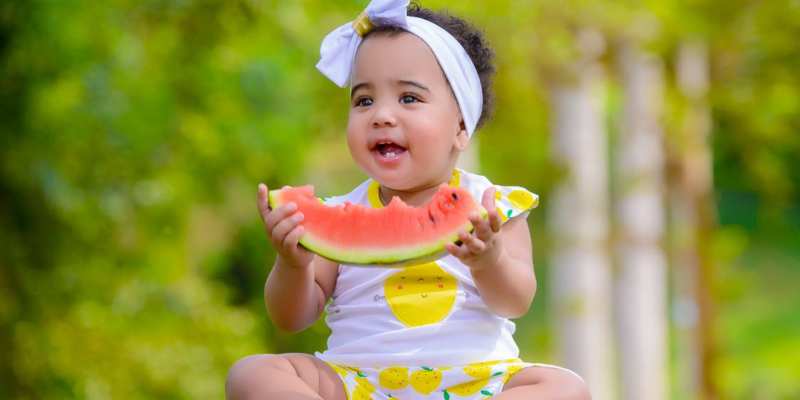Baby teeth are one aspect of a child’s early growth and development. Your baby’s first set of teeth can start appearing anytime after they turn six months old. By the time they’re two, they could be grinning with a complete set of 20 teeth.
While this is a very exciting time for parents, it also means extra responsibility and care. Before you get too busy taking loads of pictures and recording every moment in the baby book, let’s take a look at how you can make the process easier for your little bundle of joy:
Look for the signs of teething
Long before their baby teeth erupt, you’ll a noticeable difference in the way your child behaves. Most of the time, it’s nothing to worry about. It’s still better to see a pediatric dentist to be sure. After they turn four months old, the baby will start chewing and biting random objects like toys, feeder nipples, or their own fingers.
Some toddlers also become more irritable and deal with a loss of appetite. This is because of mouth rash and pain. In some cases, the condition may also bring about teething fever. The key is to not self-medicate and consult a pediatric dentist right after the onset of these signs.

Dental hygiene
When a child is young, their gums are tender and may hurt when touched. To make it easy for them, use your finger to very gently massage the area for a soothing effect. Make sure your nails are cut and trimmed. The rest of the finger should also be well cleaned. You can also use a gauze pad or a small spoon.
Most dentists recommend using a teething ring to treat sore gums. This helps relieve the pressure that the incoming teeth put on the gums and is a safer option. Don’t forget to sterilize it before it’s given to the baby. You can also keep it in the fridge for some time, so it cools down.

Proper diet is the key
Although there are very limited food options for a toddler, you still need to be very careful about what your toddler is eating.
Water has fluoride and is a must have. Always speak to a certified dentist about the right quantity and concentration. Cut down on their sugar intake completely. Both sugary drinks and foods will make it hard for their teeth to grow in a healthy way. Sticky and chewy food isn’t recommended either since they might get adhered to the gums and become painful to clean.
For the most reliable NJ pediatrics dentists, head straight to Rapha Dental. To schedule an appointment for your little onewith a pediatrics specialist Cinnaminson NJ, give us a call at (856) 829-8668.

